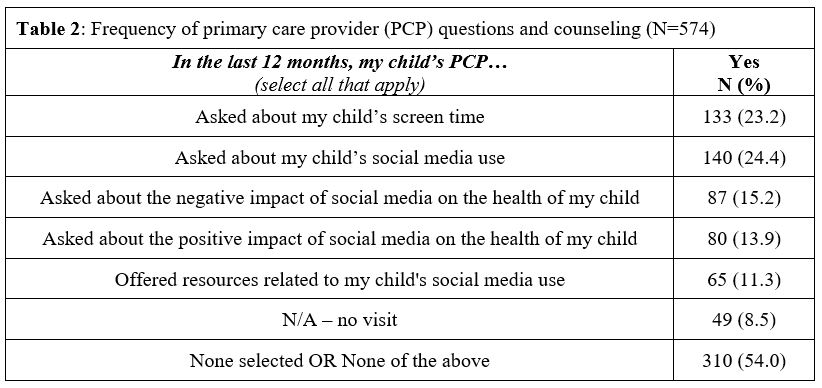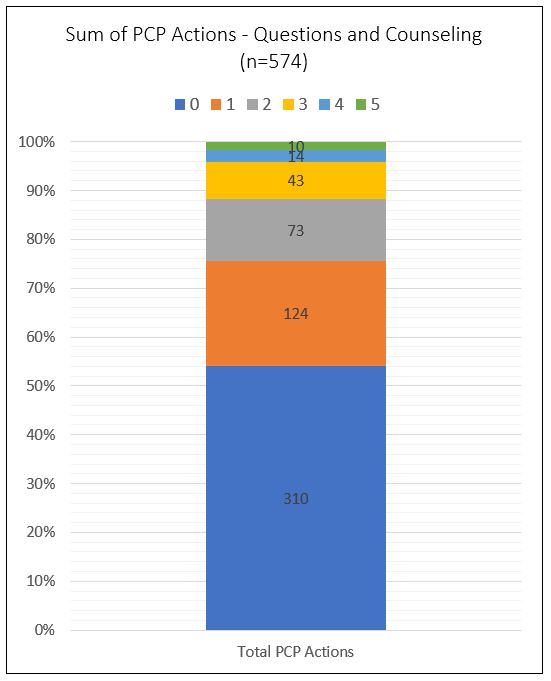Technology 4
Session: Technology 4
310 - Youth Social Media Counseling in the Primary Care Office: Parental Perspectives
Monday, April 28, 2025
7:00am - 9:15am HST
Publication Number: 310.7091
Alyssa Cohen, Ann & Robert H. Lurie Children's Hospital of Chicago, Oak Park, IL, United States; Courtney K.. Blackwell, Northwestern University The Feinberg School of Medicine, Chicago, IL, United States; Zecilly Guzman, Ann & Robert H. Lurie Children’s Hospital of Chicago, Cicero, IL, United States; Marie E. Heffernan, Ann & Robert H. Lurie Children's Hospital of Chicago, Chicago, IL, United States
- AC
Alyssa Cohen, MD, MSc (she/her/hers)
Assistant Professor
Ann & Robert H. Lurie Children's Hospital of Chicago
Ann and Robert H Lurie Children's Hospital of Chicago
Oak Park, Illinois, United States
Presenting Author(s)
Background: The potential effect of social media use on youth mental health has drawn recent attention among public health leaders, and online media is also among parents’ top child health concerns. While pediatric primary care providers (PCPs) are positioned to help families navigate both social media use and mental health symptomatology, it is not clear to what extent conversations about social media and health are occurring between parents and PCPs.
Objective: To describe parents’ experiences of conversations around social media use with their child’s PCP
Design/Methods: Data were analyzed from the Voices of Child Health Survey of Illinois Families, administered to parents in Illinois via the web in English and Spanish recruited through the QualtricsXM panel. Parents with a child ≥11 years old responded to questions about youth social media use among other survey topics. Descriptive statistics analyzed parent responses to these items across sociodemographic characteristics including child age, child gender, child race/ethnicity, parent age, parent education, and urban-rural classification.
Results: From 1,747 survey responses, the analyzed sample included 745 responses pertaining to a child ≥11. Most parent respondents (n=574, 80.8%) indicated that their child uses social media, among whom about one third (n=222, 38.7%) reported concerns about their child’s social media use. Less than one quarter of concerned parents discussed their concerns with their child’s PCP (n=50, 22.5%)(Table 1). Among all parents of social media users with and without concerns, more than half indicated that their child’s PCP had not asked questions or provided counseling surrounding social media topics in the last 12 months (n=319, 54.0%) (Table 2).
Conclusion(s): Most parents are not discussing social media topics with their child’s PCP, regardless of whether they have concerns about their child’s social media use. As allies in supporting youth mental health and wellbeing, PCPs may be an untapped source of information for families around this important topic. Future research should explore the role of pediatric PCPs in the broader conversation about social media and youth mental health.
Table 1: Parent discussions of social media concerns

Table 2: Frequency of primary care provider (PCP) questions and counseling

Figure 1: Sum of PCP Actions - Social Media Questions and Counseling


